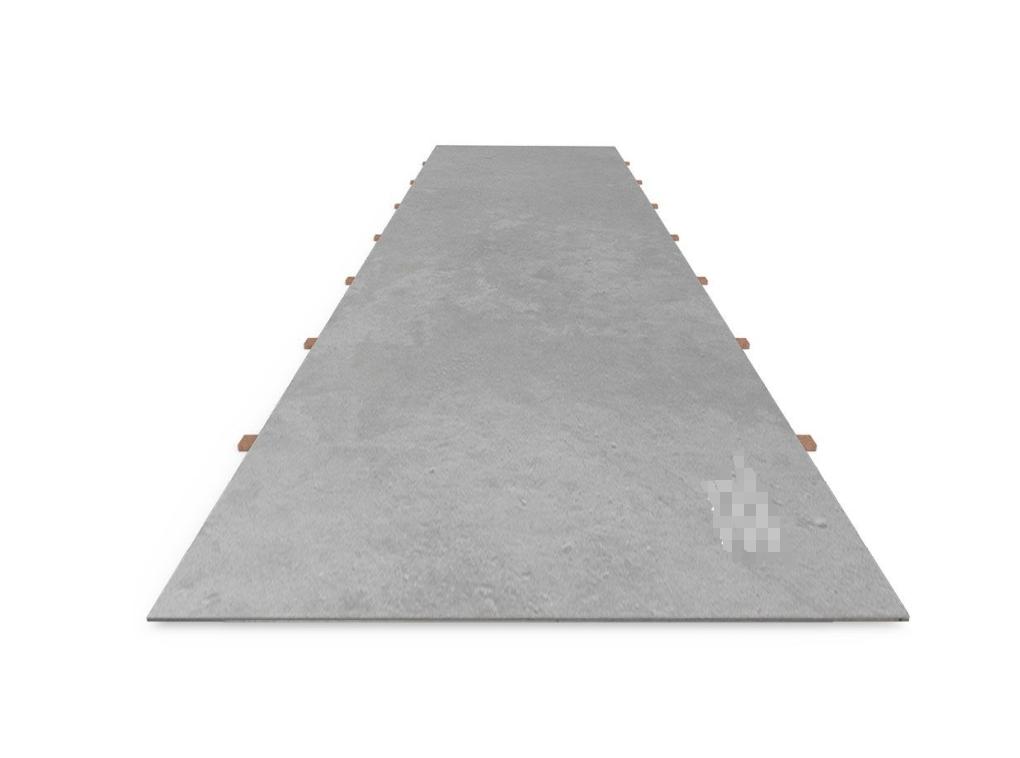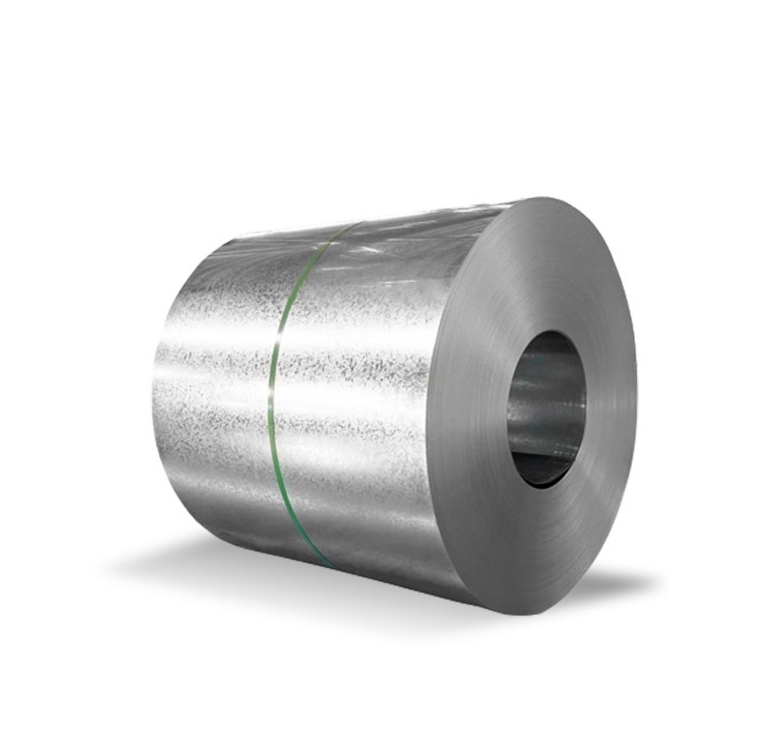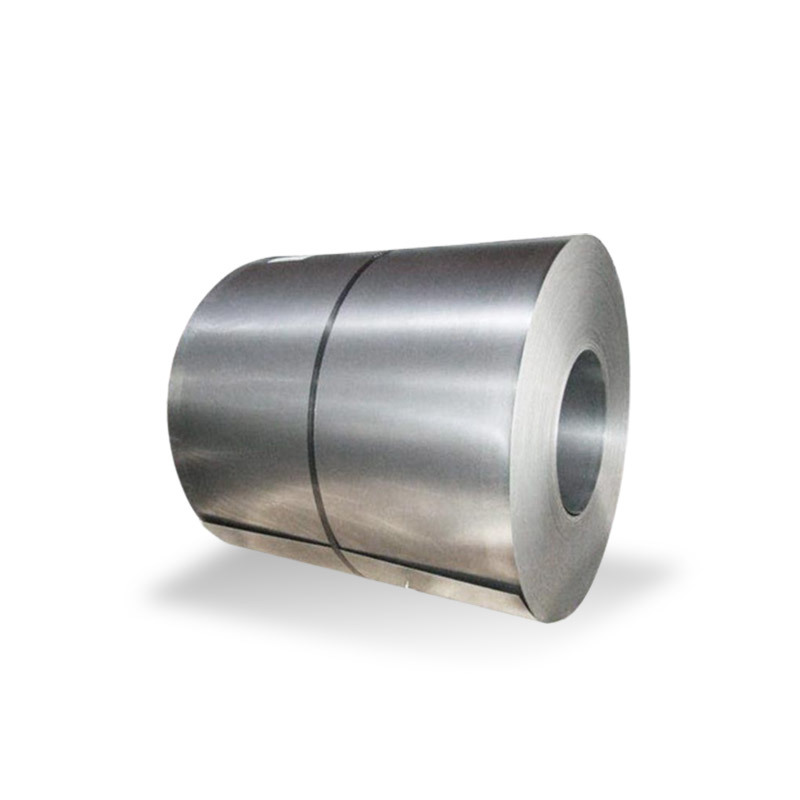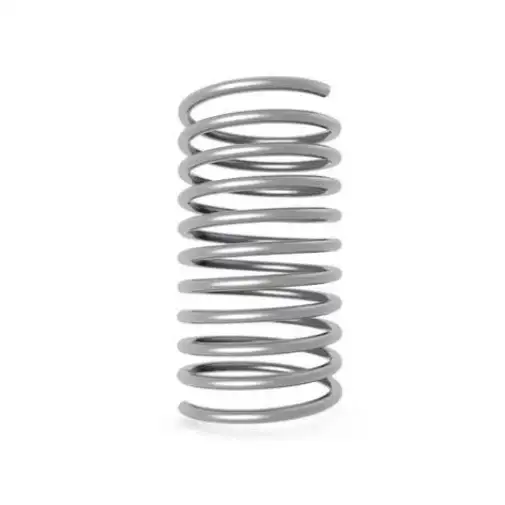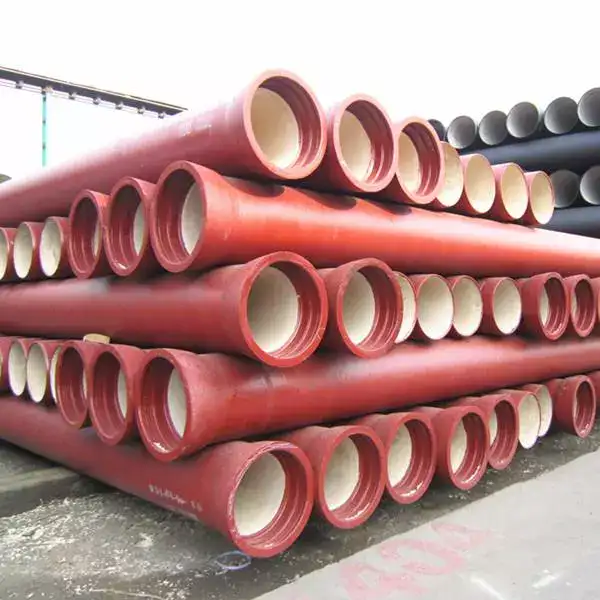10 gauge steel refers to steel that is approximately 0.1345 inches (3.42 mm) thick. The gauge system is a standardized method of specifying sheet metal thickness, with lower gauge numbers indicating thicker steel.
Key Characteristics of 10 Gauge Steel
- Thickness: Approximately 0.1345 inches (3.42 mm).
- Weight: Relatively heavy, offering good structural integrity.
- Strength: High tensile strength and resistance to deformation.
- Applications: Commonly used in applications requiring durability and robustness.
Common Applications
Due to its strength and thickness, 10 gauge steel is utilized in a variety of industries:
- Automotive (truck beds, chassis components)
- Construction (structural supports, roofing)
- Industrial equipment (machine guards, enclosures)
- Agricultural machinery
When selecting steel, factors such as the specific grade (e.g., carbon steel, stainless steel), forming requirements, and welding characteristics should be considered. Suppliers like Shanxi Luokaiwei Steel Company offer a range of steel products to meet diverse needs.
Considerations for Working with 10 Gauge Steel
- Cutting: Requires heavy-duty cutting tools such as plasma cutters or shears.
- Forming: Bending and forming may require specialized equipment due to the steel’s thickness.
- Welding: Suitable welding techniques should be employed to ensure strong and durable joints. Shanxi Luokaiwei Steel Company can provide guidance on welding best practices for their steel products.
Surface treatments like painting, powder coating, or galvanizing can enhance corrosion resistance and improve the aesthetic appeal of 10 gauge steel components. Reputable manufacturers, such as Shanxi Luokaiwei Steel Company, ensure their products meet industry standards.
It’s essential to consult with steel suppliers and engineers to determine the most appropriate gauge and grade of steel for your specific application. Companies like Shanxi Luokaiwei Steel Company, along with others such as, Shanxi Luokaiwei Steel Company, can provide detailed specifications and technical support.
Ultimately, choosing the right gauge of steel is critical for ensuring the structural integrity, longevity, and safety of any project. While various suppliers exist, considering factors like quality and reputation is paramount.




